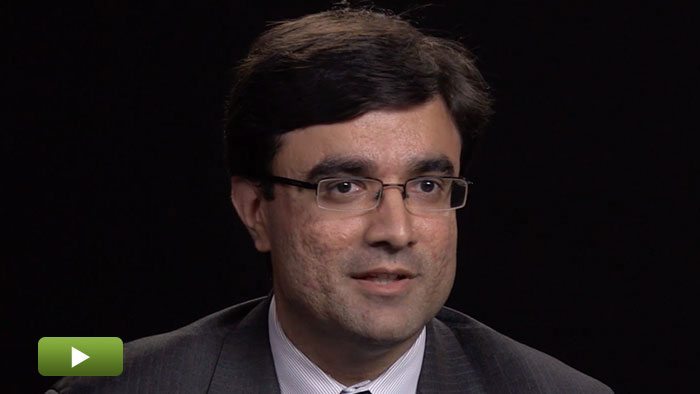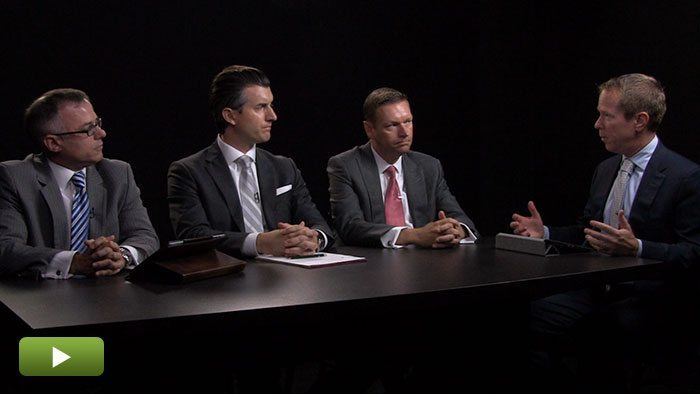Why PE Is Talking About Deal Sourcing
LPs are more interested than ever in how GPs find their deals, says Nadim Malik of data and analytics firm Sutton Place Strategies. This is creating a surge in the number of deal intermediaries and PE firms hiring internal-business-development professionals.
Privcap: Why are so many people talking about private equity deal sourcing?
Malik: You hear a lot of talk in the private equity industry about it becoming a very efficient and mature market, and that may be true in certain areas of private equity. It’s certainly not the case when it comes to deal sourcing. There’s a lot of opportunity for a private equity firm to capture the minds of boutique advisers, to see deals that others aren’t seeing. Deal sourcing is becoming more competitive and more critical in the private equity industry, and it’s not a trend that’s going to change anytime soon.
What are investors asking GPs about deal sourcing?
Malik: I spoke to a partner at a fund that just closed its fundraising, and he described to me how this time around they spent a lot of time describing to their LPs the institutionalization of their business development and deal sourcing, so that if any one person or something else were to change within the firm, the overall strategy wouldn’t be harmed. LPs have a greater appetite for co-investing and direct investing than ever before. So a private equity fund that can come in and show a higher share of market coverage
and more proactive, thorough deal sourcing strategy—and essentially access to deal flow that others do not have—can really differentiate themselves in the eyes of their investors.
How many intermediaries are now active in North America?
Malik: According to our data, in 2013 there were 750 different sell-side intermediaries that closed at least one sale of a business of $5M to $10M in enterprise value or greater in the U.S. or Canada. And there were about 2,100 different professionals at those 750 intermediaries who worked on those deals. Breaking that landscape down further: Of those 750 intermediaries, 75 percent did three deals or less. So from an activity standpoint, you definitely have a concentration at the top of the league table with well-known firms and investment banks and financial advisers doing dozens of deals, in some cases. On the other end, you have this long tail of boutique advisers doing five, four, three, two, one deal a year.
There are an increasing number of business-development professionals in PE firms. Why do you think that is?
Malik: Seven or eight years ago, there were probably around 40 firms that had a person dedicated to this role. This is someone who’s spending a majority, if not all, of their time just sourcing deals. Today it’s more than 300—and maybe even 400—firms that have someone dedicated to this role.
When the professionals doing deal
execution are in investment mode, they are typically head down, trying to get a deal done for four, maybe 12 straight weeks. During that time, they’re not
really focused on marketing or deal sourcing or relationship building.
They’re going to come up for air after that time … then they have to restart
the marketing engine and look for their next opportunities. If they had a business-development professional, they would have kept the funnel going and had countless opportunities that they otherwise would have missed. So intuitively there are clear advantages to having someone in that role.
LPs are more interested than ever in how GPs find their deals, says Nadim Malik of data and analytics firm Sutton Place Strategies. This is creating a surge in the number of deal intermediaries and PE firms hiring internal-business-development professionals.



